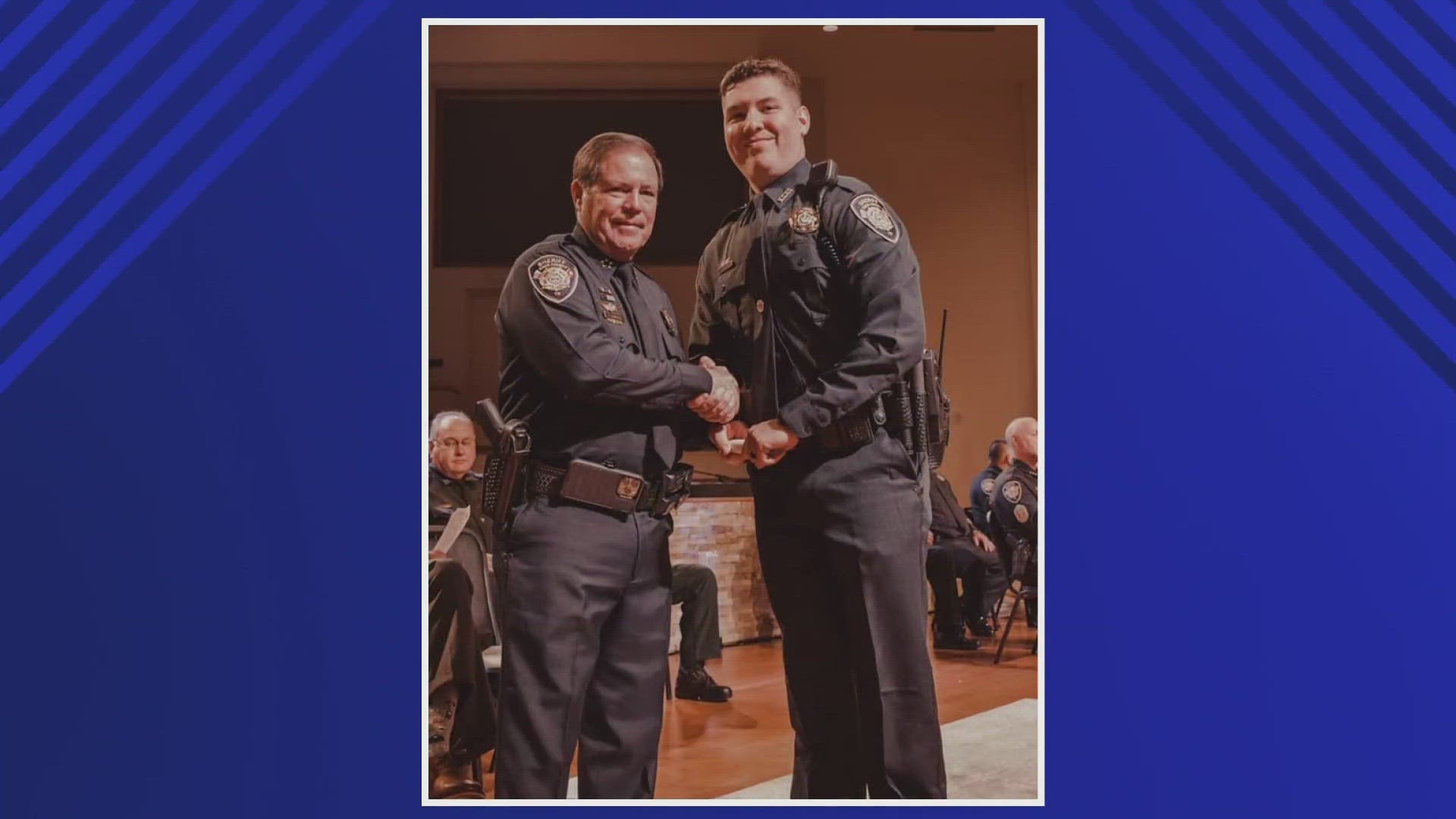KNOXVILLE, Tenn. — Tucker Blakely lived to serve others.
He served in the U.S. Army and most recently, was a deputy for the Knox County Sheriff's Office. On Sunday, Blakely was shot while responding to a domestic call. He died on Monday.
KCSO says his wish was to be an organ donor.
"Organ donation is important because it can save the lives of so many people," said Anne Paschke, media relations specialist for the United Network for Organ Sharing. "Just one donor can save the lives of up to eight people through organ donation, and countless more through tissue and cornea donation."
Due to patient privacy, information about who received the organs Blakely donated is not available, but we do know that he continued to serve his community through his donation.
Paschke says more than 100,000 men, women and children are listed for an organ transplant across the U.S. and in Tennessee, it's nearly 2,000 people.
"Many biological factors such as blood type, how well you match the donor pool, will make a big difference — as well as what organ you need. So, it could be anywhere from days to many years (before receiving an organ)," said Paschke.
Michael Mays is an organ recipient. He was in need of a transplant in 2019, but he says the time he spent waiting was short.
"Sunday, I was told that I would be put on a list," said Mays. "And it would be approved Monday morning, which it was and I was put on the transplant list to receive an organ, I did not know how long to expect. I'd seen and read different places, things that it would be. It could take a while. It could, you know, depending on what was ahead of you or what was going on."
He says his radiation treatment for his cancer and his Chron's disease medication were causing his liver to die.
"It was a Tuesday, they came and told us that they received a liver and I was going to be going to surgery on that Thursday morning," said Mays. "And I was shocked. I was surprised. I didn't know what or how long the process was to, to receive one. I was not in good health at the time. So it was welcomed. But it was a lot of questions and somebody had, you know, I knew the hardest part for me was, is the fact knowing that for me to receive something, someone had to pass."
He encourages others to consider becoming donors because they could help save a life.
"One person donating an organ, or if they had to pass and it was multiple organs, how many lives that either improved or saved in that," said Mays. "So it goes beyond just the passing of that person they help provide others, it's a win."

